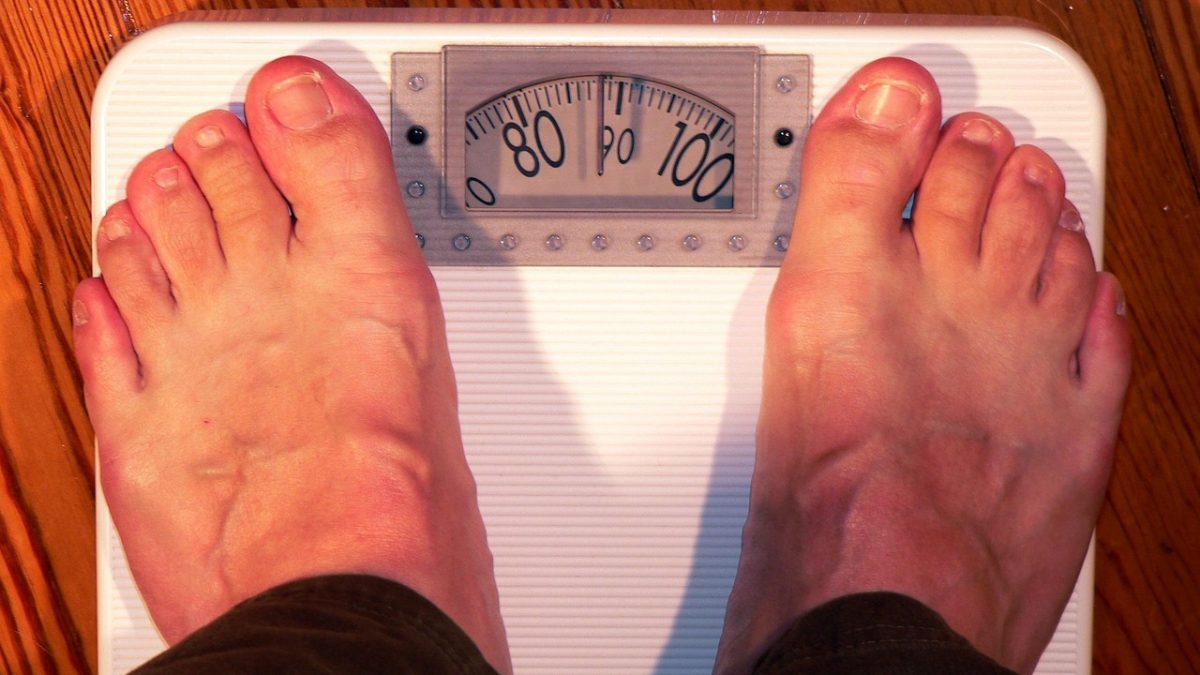For decades, we’ve been told that weight loss is a matter of willpower: eat less, move more. But modern science has proven this isn’t actually the case.
More on that in a moment. But first, let’s go back a few hundred thousand years to examine our early human ancestors. Because we can blame a lot of the difficulty we have with weight loss today on our predecessors of the past – maybe the ultimate case of blaming the parents.
For our early ancestors, body fat was a lifeline: too little could mean starvation, too much could slow you down. Over time, the human body became remarkably good at guarding its energy reserves through complex biological defences wired into the brain. But in a world where food is everywhere and movement is optional, those same systems that once helped us survive uncertainty now make it difficult to lose weight.
When someone loses weight, the body reacts as if it were a threat to survival. Hunger hormones surge, food cravings intensify and energy expenditure drops. These adaptations evolved to optimise energy storage and usage in environments with fluctuating food availability. But today, with our easy access to cheap, calorie-dense junk food and sedentary routines, those same adaptations that once helped us to survive can cause us a few issues.
As we found in our recent research, our brains also have powerful mechanisms for defending body weight – and can sort of “remember” what that weight used to be. For our ancient ancestors, this meant that if weight was lost in hard times, their bodies would be able to “get back” to their usual weight during better times.
But for us modern humans, it means that our brains and bodies remember any excess weight gain as though our survival and lives depend upon it. So in effect, once the body has been heavier, the brain comes to treat that higher weight as the new normal – a level it feels compelled to defend.
The fact that our bodies have this capacity to “remember” our previous heavier weight helps to explain why so many people regain weight after dieting. But as the science shows, this weight regain is not due to a lack of discipline; rather, our biology is doing exactly what it evolved to do: defend against weight loss.
Hacking biology
This is where weight-loss medications such as Wegovy and Mounjaro have offered fresh hope. They work by mimicking gut hormones that tell the brain to curb appetite.
But not everyone responds well to such drugs. For some, the side effects can make them difficult to stick with, and for others, the drugs don’t seem to lead to weight loss at all. It’s also often the case that once treatment stops, biology reasserts itself – and the lost weight returns.
Advances in obesity and metabolism research may mean that it’s possible for future therapies to be able to turn down these signals that drive the body back to its original weight, even beyond the treatment period.
Research is also showing that good health isn’t the same thing as “a good weight”. As in, exercise, good sleep, balanced nutrition, and mental wellbeing can all improve heart and metabolic health, even if the number on the scales barely moves.
A whole society approach
Of course, obesity isn’t just an individual problem – it takes a society-wide approach to truly tackle the root causes. And research suggests that a number of preventative measures might make a difference – things such as investing in healthier school meals, reducing the marketing of junk food to children, designing neighbourhoods where walking and cycling are prioritised over cars, and restaurants having standardised food portions.
Scientists are also paying close attention to key early-life stages – from pregnancy to around the age of seven – when a child’s weight regulation system is particularly malleable.
Indeed, research has found that things like what parents eat, how infants are fed, and early lifestyle habits can all shape how the brain controls appetite and fat storage for years to come.
If you’re looking to lose weight, there are still things you can do – mainly by focusing less on crash diets and more on sustainable habits that support overall wellbeing. Prioritising sleep helps regulate appetite, for example, while regular activity – even walking – can improve your blood sugar levels and heart health.
The bottom line though is that obesity is not a personal failure, but rather a biological condition shaped by our brains, our genes, and the environments we live in. The good news is that advances in neuroscience and pharmacology are offering new opportunities in terms of treatments, while prevention strategies can shift the landscape for future generations.
So if you’ve struggled to lose weight and keep it off, know that you’re not alone, and it’s not your fault. The brain is a formidable opponent. But with science, medicine and smarter policies, we’re beginning to change the rules of the game.
This article is republished from The Conversation under a Creative Commons license. Read the original article.


)

)
)
)
)
)
)
)
)



